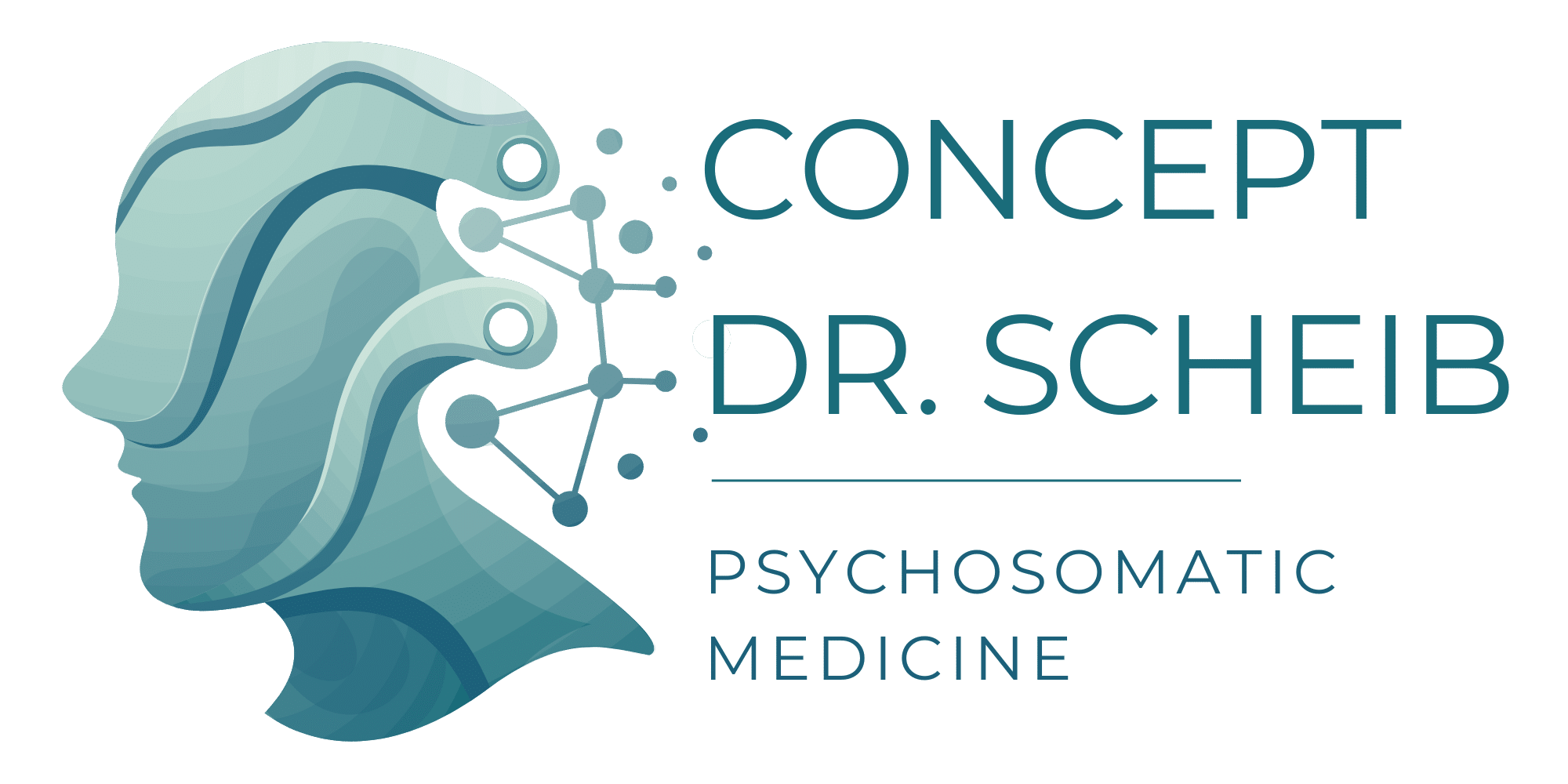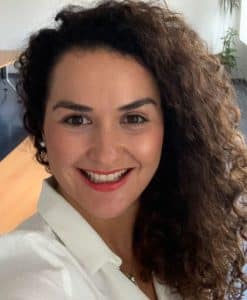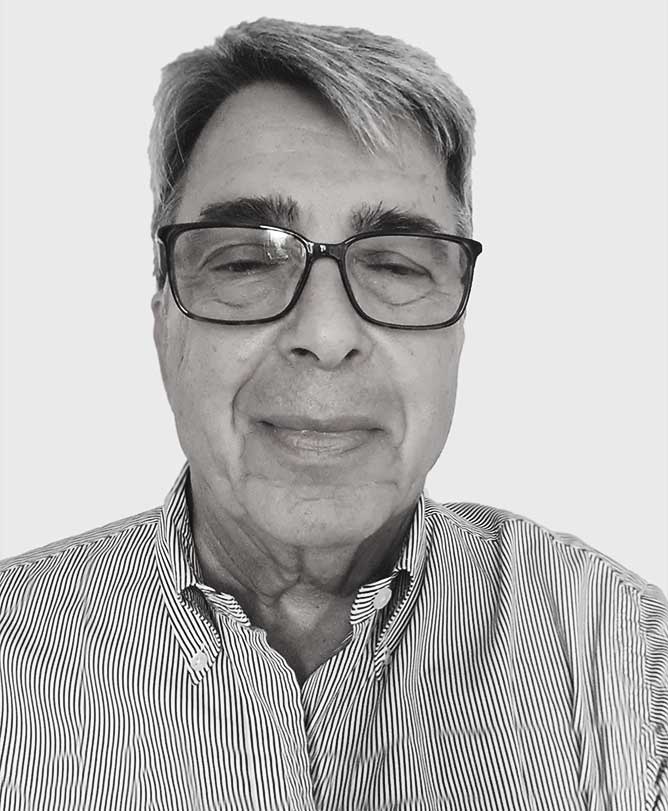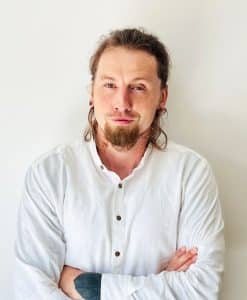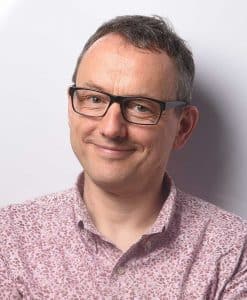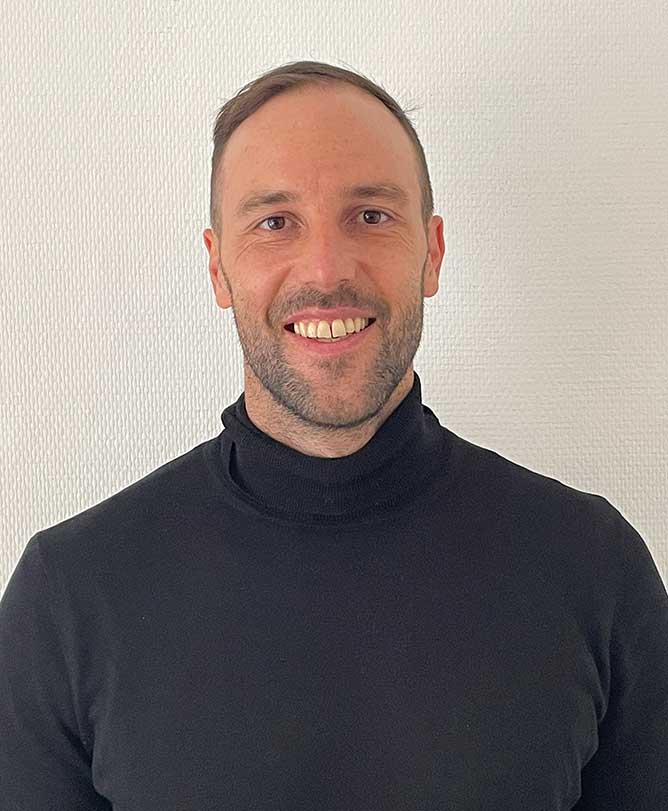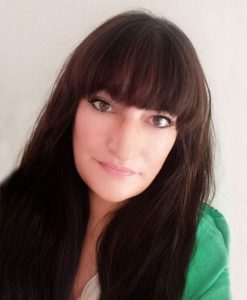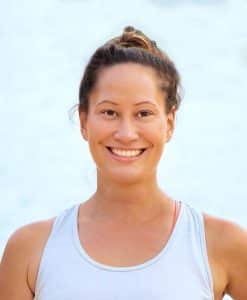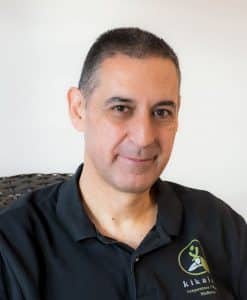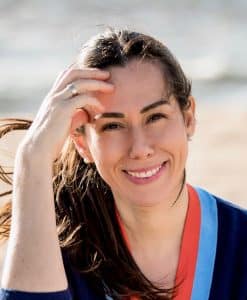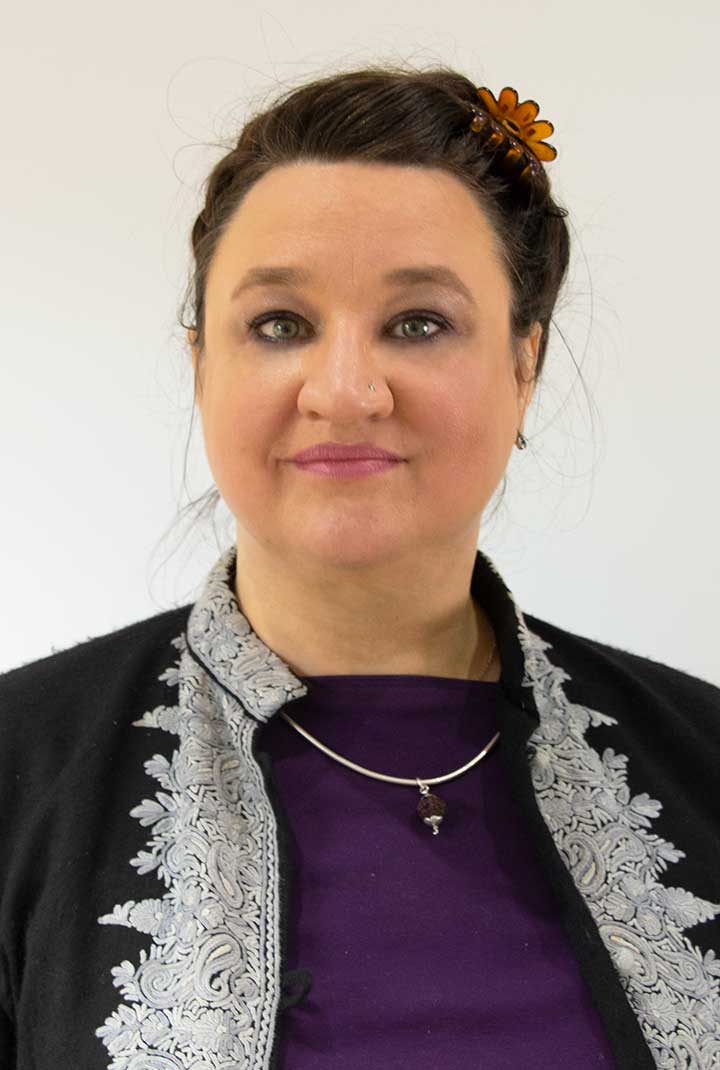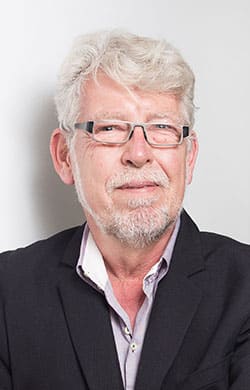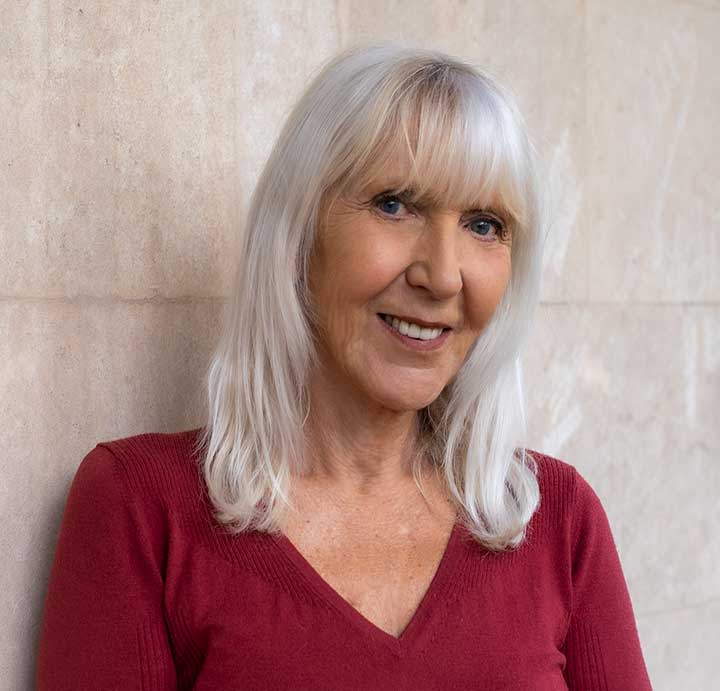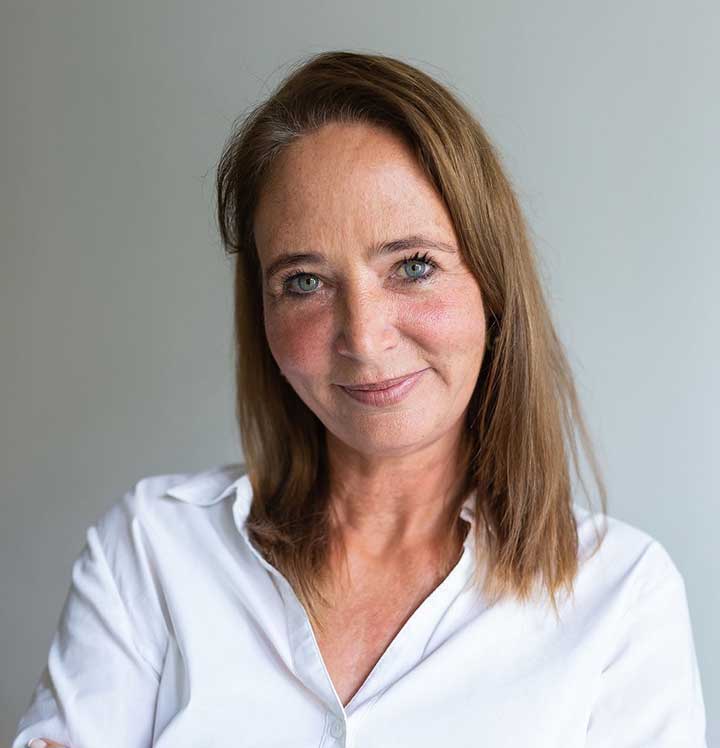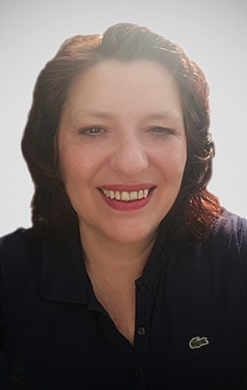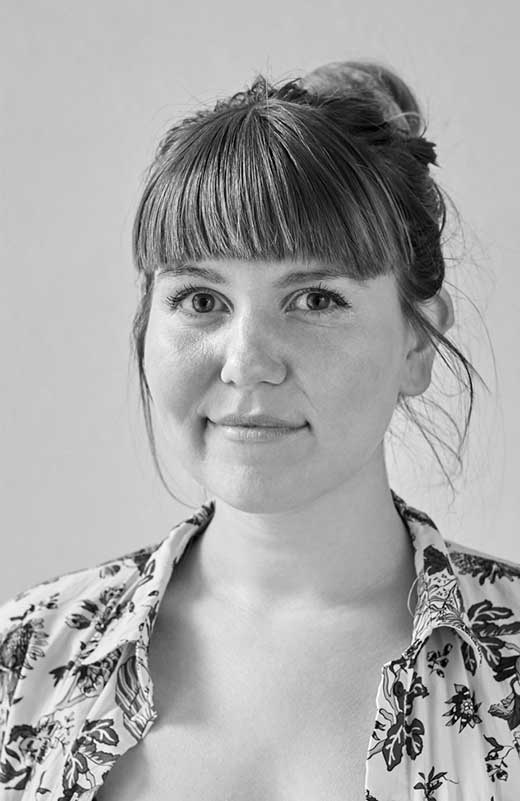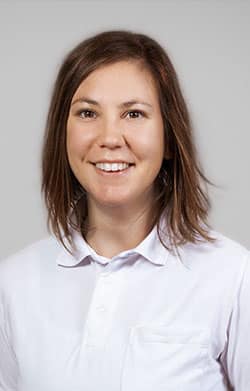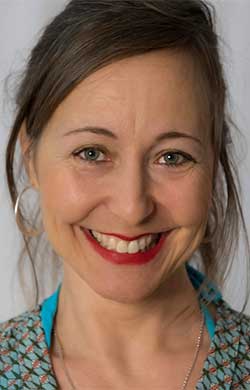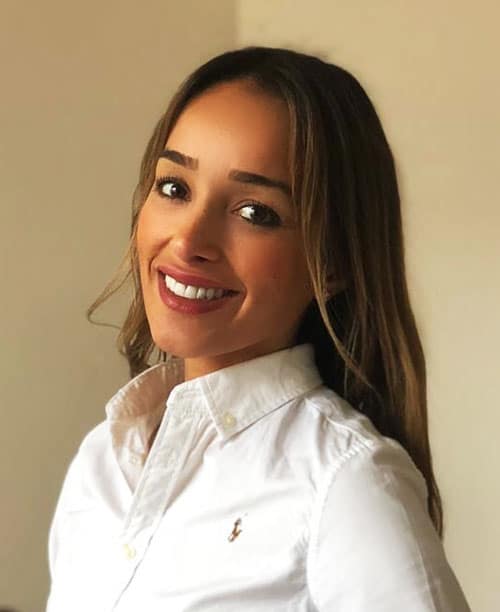Repetitive transcranial magnetic stimulation (rTMS)
TMS for Depression, addiction, chronic pain, obsessive-compulsive disorder and Alzheimer´s disease / Tremor
Treatment with rTMS, or repetitive transcranial magnetic stimulation is offered in Mallorca, Frankfurt and Sotogrande. rTMS is a non-invasive procedure in which parts of the brain are stimulated with a magnetic field. TMS for depression and substance dependence / addictive disorders has been used very successfully for some time. Repetitive Transcranial Magnetic Stimulation can also have positive results in the treatment of tinnitus, burnout, anxiety disorder and sometimes Alzheimer’s dementia.
TMS treatment is an essential part of the treatment of depression with ketamine therapy. Ketamine infusions enhance the way the brain responds to rTMS treatment.
For more information or to make an appointment for a preliminary consultation at one of our locations:
What is repetitive transcranial magnetic stimulation?
Repetitive transcranial magnetic stimulation (rTMS) treatment stimulates parts of the brain with a strong, pulsating magnetic field. This improves blood flow to certain parts of the brain and stimulates or dampens the cells’ electrical activity, depending on the frequency.
Repetitive transcranial magnetic stimulation (rTMS) is non-invasive and can also be used in the treatment of pregnant women.
A treatment session of rTMS usually lasts about 20 minutes. Sometimes mild muscle twitching and a transient mild headache occur. Overall, however, repetitive transcranial magnetic stimulation is very well tolerated.
In order to find the ideal stimulation site in the brain, we work with an innovative system. Here, the influence of the magnetic impulses on the heart rate is measured (HRV extension). Through this measurement we achieve an optimal placement of the magnetic coil.
To achieve lasting effects, 20 to 30 sessions of rTMS are recommended.
Repetitive transcranial magnetic stimulation (rTMS) was already approved in 2008 by the U.S. Food and Drug Administration (FDA) for the treatment of treatment-resistant depression. In 2018, rTMS was approved for obsessive-compulsive disorder. German scientific guidelines for the treatment of depression (S3 guidelines) also recommend rTMS as a possible treatment method for depression. There are now comprehensive studies demonstrating the efficiency and safety of the procedure.
Since March 2020, the rTMS procedure has also been added to the S3 guidelines for schizophrenia, more specifically in treatment-resistant patients who have auditory verbal hallucinations. The German S3 guideline now gives a strong “should” recommendation in these cases, i.e., recommendation grade B.
Source: German S3 Guideline Schizophrenia: rTMS is now “official”.
https://link.springer.com/article/10.1007/s15005-020-1316-3
What can rTMS be used for?
rTMS for depression
Treatment with rTMS for depression has been shown in various studies to be significantly more tolerable and effective than conventional antidepressants. The method is also particularly suitable for postpartum depression, as there is no risk of drugs passing into the mother’s milk. This makes treatment of postnatal depression with rTMS an interesting non-medication alternative in the treatment of postnatal depression. Repetitive transcranial magnetic stimulation can also be used for manic-depressive disorders in the depressive phase.
We use repetitive transcranial magnetic stimulation for treatment of depression mostly in combination with ketamine infusions and other therapeutic methods such as hypnosis, intensive psychotherapy, tDCS and neurofeedback. We have been successfully using this innovative treatment concept in our clinic on Mallorca for several years, as one of the first clinics in Europe. Treatment with our combination therapy rTMS and ketamine shows significantly more stable results than treatment with repetitive transcranial magnetic stimulation alone.
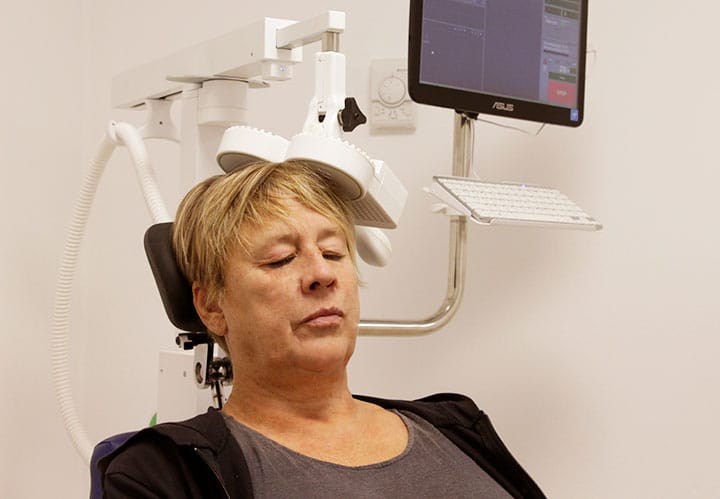
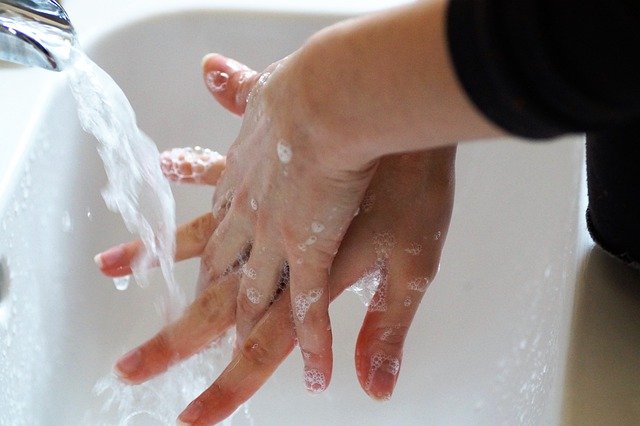
rTMS for obsessive-compulsive disorder (OCD)
Obsessive-compulsive disorder is the urge to perform certain actions over and over again without being able to influence this. Treatment with rTMS for obsessive-compulsive behavior can significantly reduce the symptoms and often shows better results than drug treatment of obsessive-compulsive disorder. Mostly, obsessive-compulsive disorders are treated pharmacologically with SSRIs. This generally requires very high doses. With our combination of magnetic stimulation with ketamine infusions and hypnosis, obsessive-compulsive symptoms can be significantly and sustainably improved in most cases.
rTMS for addiction
In recent years, repetitive transcranial magnetic stimulation (rTMS) has also been increasingly used in the treatment of addictions. Even in the case of non-substance addictions such as gambling addiction or Internet addiction, treatment with rTMS shows a significant effect. Similar to the treatment of obsessive-compulsive disorders with rTMS, the impulse to pursue an addiction is significantly reduced. Here, too, the effect of repetitive transcranial magnetic stimulation can be potentiated by a combination with ketamine infusions.
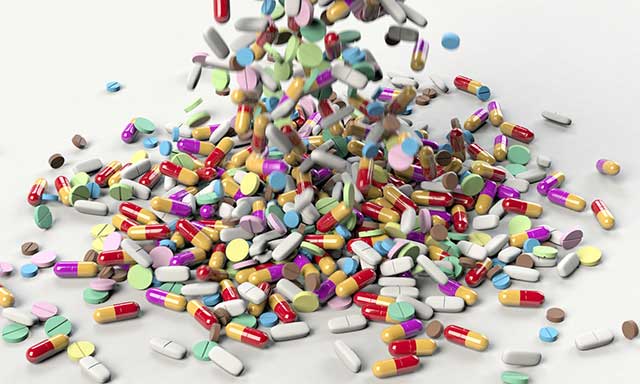
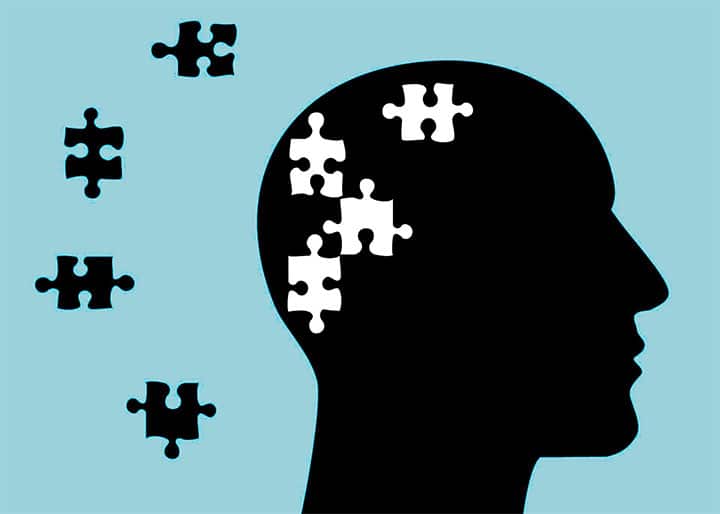
rTMS for tremor and Alzheimer's dementia
Very rapid success is often seen in the treatment of ideopathic tremor. Sometimes significant improvements are seen after just one or two sessions of rTMS.
Since 2018, several studies have been published showing that rTMS can improve mild to moderate Alzeimer dementia, especially when combined with cognitive training programs.
Treatment procedure transcranial magnetic stimulation
Repetitive transcranial magnetic stimulation is generally very well tolerated. Nevertheless, there are certain preconditions that limit its use. For example, repetitive transcranial magnetic stimulation cannot be used in patients with epilepsy or in patients with metallic implants in the head.
In our clinic on Mallorca, as well as in our practices in Frankfurt and Andalucia, therapy always begins with a detailed preliminary consultation. During this consultation we get an idea of your personal situation. Also important are the results of previous treatment attempts, your medication intake and any existing or previous illnesses. The detailed medical history is supplemented by psychological test diagnostics and a quantitative EEG, which provides information about brain function. In addition, there is a medical examination with blood pressure measurement, possibly also ECG and HRV measurement. Depending on the symptoms, a mobile sleep laboratory can also be set up.
In contrast to many other clinics, we usually offer rTMS in combination with complementary procedures. Which additional procedures are used in your personal therapy depends on your symptoms and the current findings. Our goal is to ensure the long-term success of your therapy.
Make an appointment for a psychotherapeutic evaluation now
All procedures that may be used in our therapies
- Ketamine infusions
- Ketamine hypnotherapy psychotherapy
- Hypnosis / Hypnotherapy
- Behavioral therapy, also in virtual reality
- EMDR (Eye movement desensitization and reprocessing) trauma therapy
- Psychodynamic psychotherapy
- Neurofeedback
- HRV biofeedback and peripheral biofeedback
- Repetitive transcranial magnetic stimulation (rTMS)
- Transcranial direct current stimulation (tDCS)
- Autogenic training, progressive muscle relaxation, yoga
Sports therapy
Not all therapies can be offered at all of our locations at the moment. Contact us for further information
F.A.Q. Ketamine treatment
Frequently asked questions about our Ketamine treatment
For privately insured patients, treatment is usually covered – depending on the contract. For patients with statutory german health insurance, the decision is often made on a case-by-case basis. If a depression has already been treated several times without success, it is called therapy-resistant depression. In this case, the chances are good of the costs being covered or at least a contribution to the costs is approved.
We are currently the only center in Europe where ketamine therapy, rTMS and intensive psychotherapy are offered simultaneously.
Ketamine is also used in the drug scene – but in a much higher dosage and not as a continuous infusion, but as a single dose. At this dosage, the depth of the trance cannot be controlled. Continuous use of high doses can cause chronic bladder infections.
There is no potential for dependence at the dosage used to treat depression and other conditions.
Ketamine has been an approved drug since 1970. When used for the treatment of depression, compulsions, etc., it is a so-called “off label” treatment. These therapies are common and legal, but are not always covered by health insurance.
